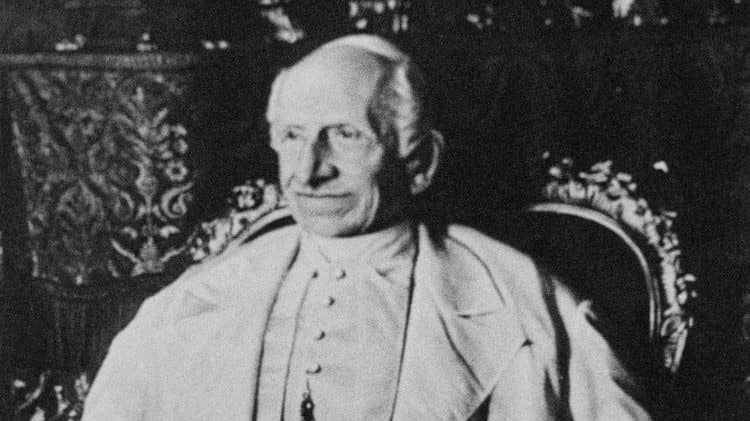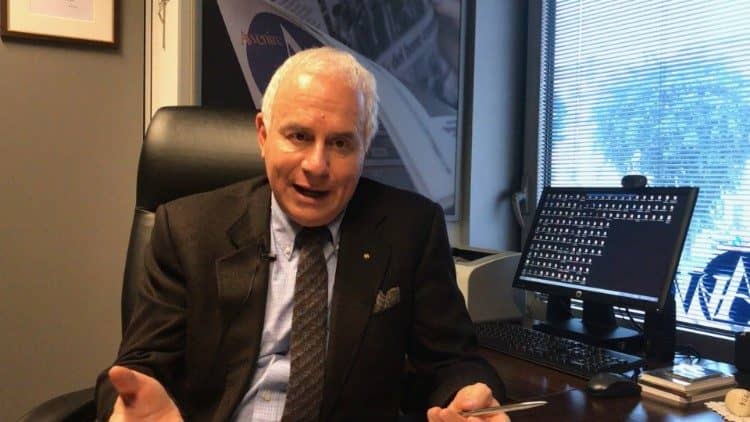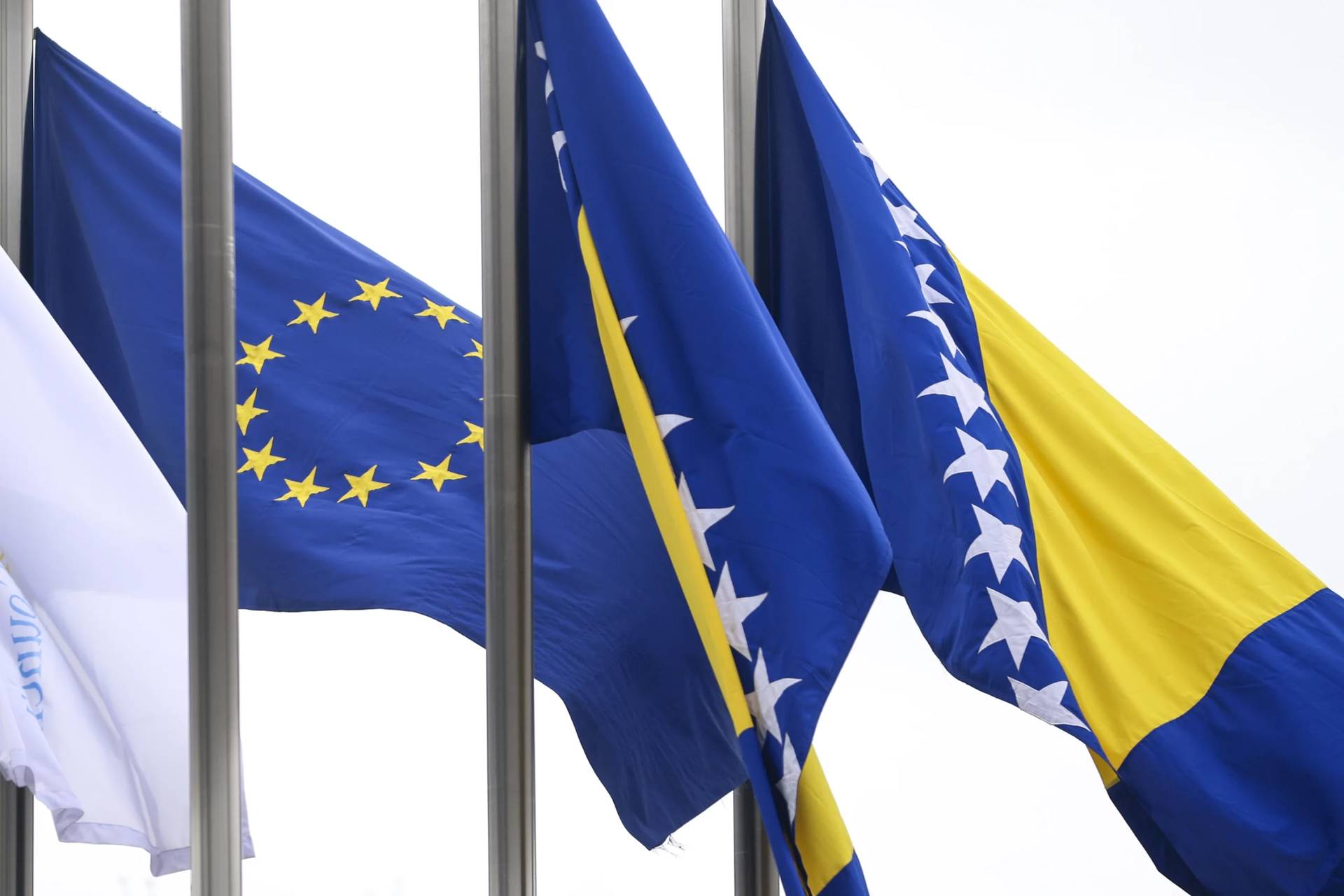ROME – In the abstract, the fact that Italy will hold national elections on March 4, 2018, may not qualify as big news anywhere outside il bel paese. After all, Italy is only the ninth largest economy in the world today, with crippling public debt and a banking system apparently close to collapse, and it’s nobody’s idea of one of the titans of the earth.
Moreover, Italian elections are legendarily theatrical, with great sound and fury, but often signifying precious little in terms of who’s actually calling the shots.
Yet there’s one sense in which every Italian election is meaningful, and that’s as an acid test of the leadership of whomever happens to be pope. It’s always fascinating to track how involved a given pope decides to be when Italians head to the polls, since there’s no place on earth where the media and popular culture afford a pope and his team a greater potential voce in capitolo, meaning a say in how things turn out.
Seen through a Catholic lens, the $64,000 question about the looming Italian elections is whether Francis and his lieutenants will try to steer things in a certain way – and, if they do, how much success they may have. Bottom line forecast: If you’re looking for an election in which Francis and his team go “all in,” this one probably isn’t it.
To begin, here’s a quick-and-dirty insight for American Catholics about the main difference between politics in Italy and back home: Here, the “life issues” don’t weigh quite as much in Catholic opinion, in part because abortion has been largely off the table since two national referendums in 1981 legalized it.
Even though the Italian right tends to be stronger from a Catholic point of view on bioethics and the left on the poor, the environment and other social justice issues, just like in the States, you can find a spectrum of opinion ranging from basically pro-life to pro-choice in all major parties, meaning they’re all more or less “in play” in terms of how Catholic officialdom might lean.
Interestingly, this will be the first national election in Italy of the Pope Francis era. Cardinal Jorge Mario Begoglio of Argentina was elected to the papacy in March 13 shortly after Italy’s general election in February, a three-way contest among the conservative People of Freedom, the liberal Democratic Party, and the populist Five Star Movement, which ended with a broad majority in the lower house of parliament for the Democrats but a narrowly divided senate.
Under the Italian system, every legislature lasts five years unless its mandate is dissolved prematurely. This one made it across the finish line, featuring three different Prime Ministers:
- Enrico Letta, a moderate who was pushed out by more progressive forces in the Democratic Party under its charismatic young leader Matteo Renzi.
- Renzi, who resigned following a failed referendum on a constitutional overhaul that had been his signature initiative, but which was attacked by critics as authoritarian and anti-democratic.
- Paolo Gentiloni, a former journalist who enjoys a deep political pedigree in Italy, and who wins high marks from many Italians for his air of quiet competence.
From the Vatican’s point of view, the center-left leadership of the last five years has been a mixed bag – a conclusion, however, that probably could be drawn for almost every one of Italy’s post-war governments.
On the one hand, the Democratic Party pushed through measures recognizing civil unions for same-sex couples in the country, and also creating the possibility of a “living will” that some see as the first step toward the legalization of euthanasia. On the other hand, the center-left also took up many of Francis’s signature causes over the last five years, including ardent advocacy of an ius soli law that would grant children of immigrants in the country citizenship at birth.
That measure died before the current legislature was dissolved due to lack of sufficient support in the senate, but it’s sure to be a live issue during the 2018 elections.
One curiosity about Italian politics is that although we now know when the elections will be held, we still don’t really know who’s running for the top job. At the national level Italians vote for parties, not individuals, and parties aren’t obliged to tell you who they’re planning to back for the Prime Minister’s position.
Right now, the one certainty is that the candidate of the anti-establishment Five Star Movement is Luigi Di Maio, a 31-year-old college dropout and former webmaster who’s rocketed to the top of the Italian political scene through a combination of charm and the absence of any real personal history.
Di Maio has made his interest in Vatican sympathy clear, recently going out of his way to organize a meeting with Italian Cardinal Pietro Parolin, the Secretary of State, while both men were in New York. He may face an uphill climb; when Francis was in Genoa in May, which is governed by the Five Star Movement, he blasted its motto of a “dignified income,” saying what matters isn’t income but “work for all,” in what was seen locally as a sharp papal rebuff.
The Five Star mayor of Rome, Virginia Raggi, so far has maintained good relations with Francis and his team, including turning out for the Christmas Mass celebrated by Parolin at Rome’s Centro Italiano di Solidarietà, a favored Francis initiative. It’s not clear, however, that would be enough to elicit a seal of approval for the entire party and its yet-untested new leadership.
On the center-right, it’s still uncertain whether Matteo Salvini of the nationalist Northern League or former Prime Minister Silvio Berlusconi would be the pick.
Berlusconi may face challenges about holding office due to ongoing legal troubles, and in any event, he had a tumultuous relationship with the Church during his previous terms – esteemed for some of his policy positions, but held at arm’s length because of his contested personal morality, including the infamous bunga bunga parties featuring young call girls.
Salvini is the most ardent of the anti-immigrant voices in Italy, having led the charge against the ius solis measure backed by Francis and the leadership of the Italian Church he’s appointed. That makes it difficult to imagine a Vatican/center-right alliance in 2018, regardless of who their candidate turns out to be.
In terms of the center-left, the Democratic Party this time around insists it’s running as a team, and won’t put forward specific figures for the top job yet should they win – although most observers take for granted that if that happens, Renzi would be the choice.
The Vatican wasn’t overly fond of Renzi’s 100-day reign, in part because his clear strategy was to appeal to the Catholic base in Italy, including its wide network of social movements and associations, rather than the hierarchy. A better bet for Vatican backing could be Gentiloni, who’s a descendant of the 19th and early 20th century Italian statesman Vincenzo Ottorino Gentiloni – for whom the “Gentiloni Pact” is named, which informally allowed Italian Catholics to return to political life after the fall of the Papal States.
Gentiloni is seen as a calming, largely non-ideological figure, whose instincts aren’t all that far out of line with Francis’s in many cases. On the other hand, it’s not clear Gentiloni can speak for a real majority within his own party, a point on which many in the Vatican likely would feel a degree of skepticism.
To sum it all up, Francis is legendarily wary of getting too close to particular parties and politicians, preferring to play the field a bit, and Italy’s 2018 contest seems to shape up as a dance in which he doesn’t really have a natural partner anyway.
As a result, the truly important player from the Catholic side could be not the pope, but 75-year-old Cardinal Gualtiero Bassetti of Perugia, named by Francis in May as the new president of the powerful Italian Episcopal Conference (known by its Italian acronym, CEI).
So far, Bassetti has shaped up as a less explicitly political figure than either of his immediate predecessors, Cardinal Camillo Ruini, the former Vicar of Rome, and Cardinal Angelo Bagnasco of Genoa. If Bassetti holds to form, the consequence may be that no party or candidate will be able to claim the sort of nod-and-a-wink, tacit endorsement of the Catholic establishment familiar from past elections this time around.
Recently, Luigi Bisignani, a longtime businessman and journalist who’s considered one of Italy’s most plugged-in figures among behind-the-scenes power-brokers, issued this terse forecast for how the Church is likely to position itself: “A few old cardinals for Berlusconi, the majority of bishops looking to the left, and some [to the Five Star Movement], thinking that way everything will break down and we can start over.”
Right now, polls show a tight race with no clear winner likely, which could set the scene for confusion, gridlock, and eventually yet another election cycle. Barring the unforeseen, it doesn’t appear likely that Italians in 2018 may get much help from the Vatican or the bishops in making up their minds.

















